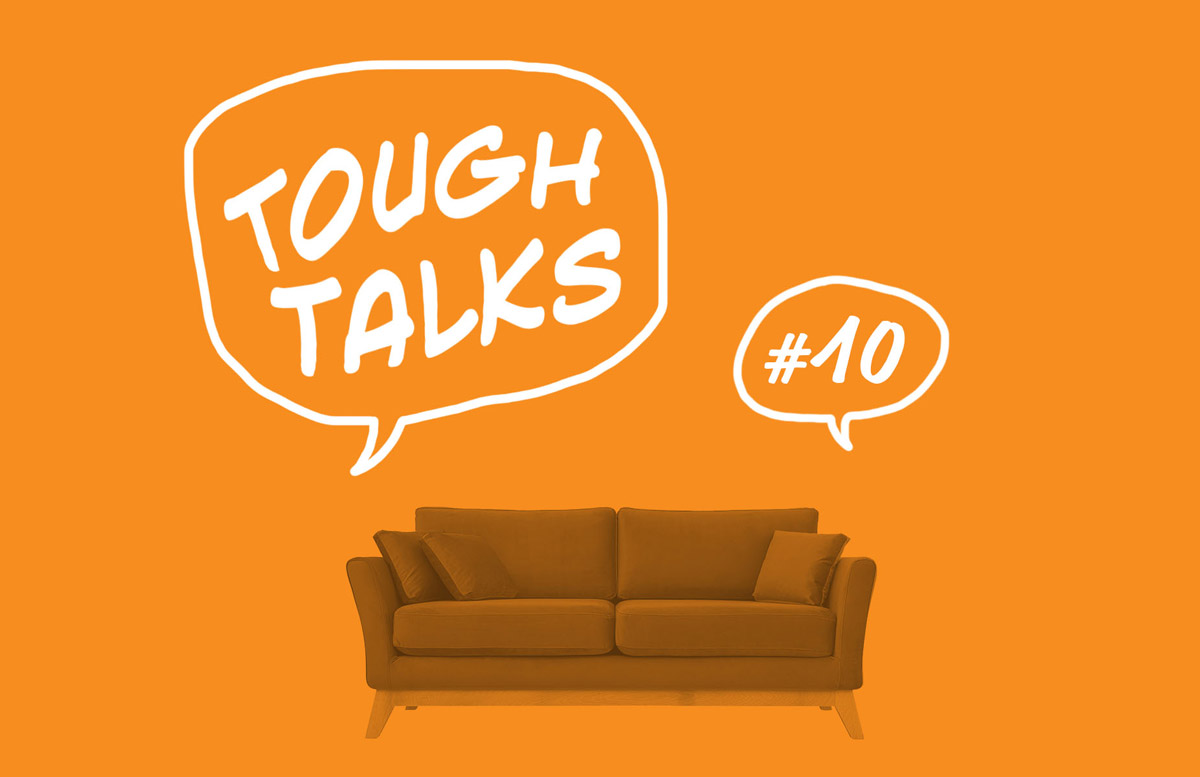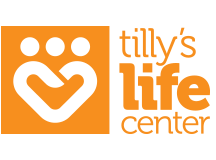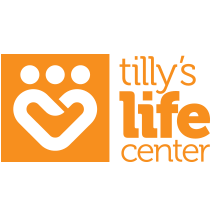
17 Sep Tough Talks #10: Aggression
Each year of life brings new experiences, emotions, hardships, and learning opportunities. As teens cope with the challenges of growing up quickly, while confronting adult situations and feelings, they need to find ways to process negative emotions in a productive and positive way. Without resources and support systems, teens are left to confront their emotions without a means to handle it effectively. This can often lead to lashing out when intense feelings arise. Anything from sports, competitions, sibling rivalry, or disappointment when things don’t go their way can trigger this adolescent aggression.
While it may be difficult to accept that the teen in your life is exhibiting aggressive behavior, it is crucial that any such behavior is addressed right away to prevent the issue from escalating. Although it might be hard to talk about, we are here to help you navigate the best way to proceed. So keep reading for our advice on positive ways to approach aggression during adolescence.
Set an Example
As a parent or educator, it can be very difficult to figure out the best way to support teens while also showing them that their behavior is unacceptable. The first place to start is as a role model for healthy responses to difficult emotions. They can learn that their reactions are inappropriate by the examples you set. When you yourself are upset, do your best to avoid aggressive behaviors in front of your teen, actions such as swearing, slamming doors, slapping surfaces, or yelling. Instead, show off your ability to come up with useful solutions!
Provide Support
When you notice an instance of teenage aggression, it is important to assert that the reaction seemed disproportionate and ask your teen if there is something else bothering them. Avoid judgement and instead seek understanding. Offer to talk through what is on their mind. If they are open, offer resources and tools to cope with anger in a positive way.
Stay Calm
It is important to respect that teens see the world differently and be willing to let them express themselves. You don’t always need to speak out or intervene. In mild moments of aggression, you can give your teen space and recognize when they are improving the way they handle upsetting situations. Be as calm and respectful as you can to show them that you are there to support them and to set an example.
Offer Other Outlets
If there is a particularly helpful way that you have learned to manage your intense feelings, share this with your teen. Show them that they are not alone in the experience of difficult emotions. Explain to them what has worked for you and share that there are plenty of additional teen mental health resources available to them. Help your teen choose a method of coping with anger that feels right and work together to help integrate this solution into their daily life.
Get Help
It is important to understand that the burden does not rest on your shoulders alone. There are some issues that require additional intervention. If the problem escalates into more severe forms of aggression such as damaging property or verbal, emotional, or physical abuse, it is crucial to get professional help for your safety, the safety of others, and the safety of your teen. Seek guidance from a specialist who works with teenagers exhibiting aggressive behaviors.
At Tilly’s Life Center, our mission is to protect and improve teen mental health. Our programming serves as resources for teens and their allies to learn about the best ways to cope with negative emotions in a positive way. For more information, please visit us at tillyslifecenter.org.


